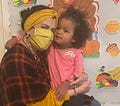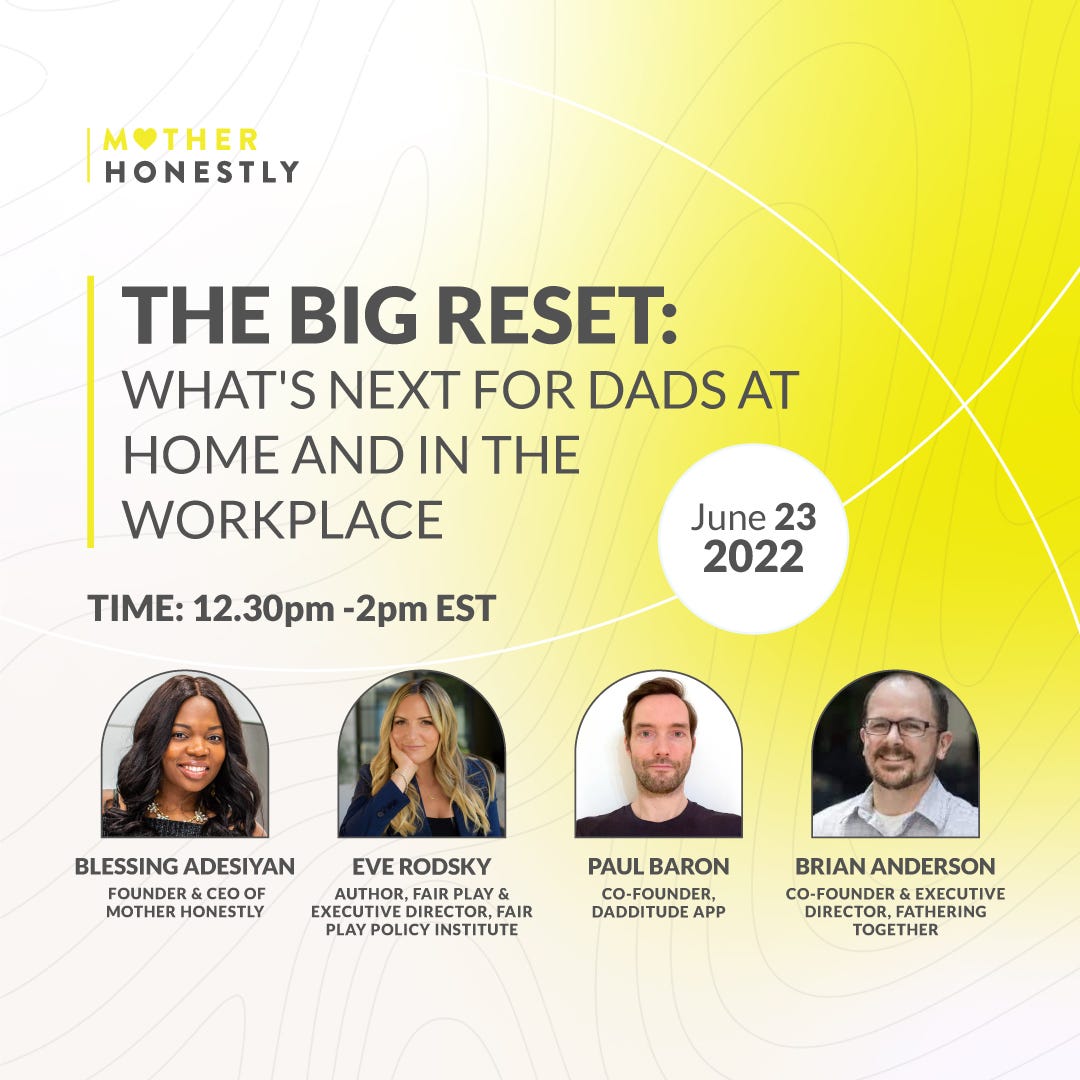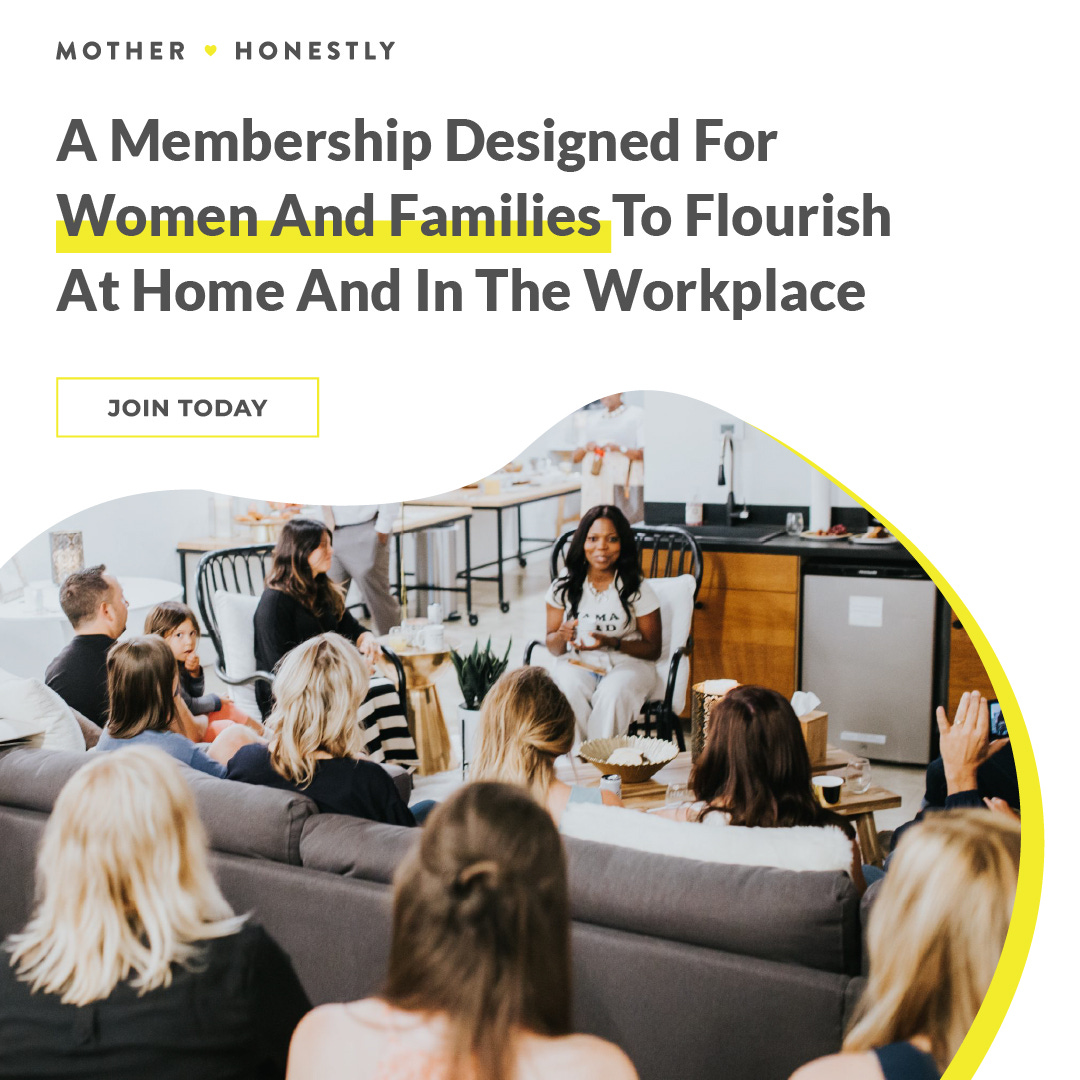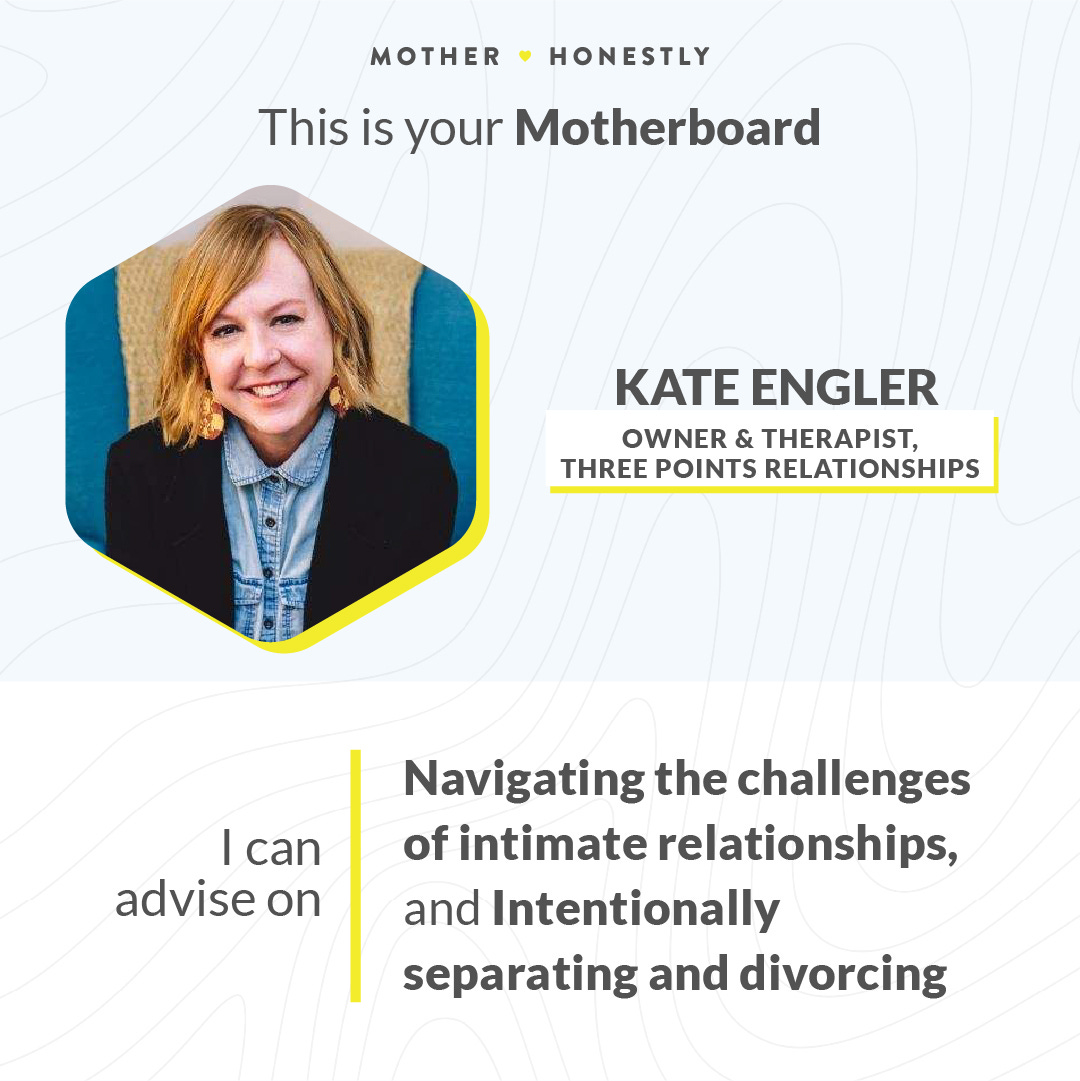We Have to Save Family Child Care Providers Like Christina
My daughter's daycare provider is a pillar of our New York City community—but she needs support.
My 2-year-old daughter, with her beloved caregiver, Christina Collado.
Christina Collado takes care of children on the same block where she was born and raised. As the owner of Little Rays of Sunshine, a group family daycare with two locations in Harlem, she knows she’s fared better than many other child care providers during the last two tumultuous years. Still, that doesn’t mean it’s been easy.
At the beginning of March 2020, she was operating three locations, with 10 staff and 36 children under her supervision. Then came New York City’s first, devastating covid wave. When she reopened in June 2020, she was down to one location, two staffers and six children. Now, despite a growing waitlist, she won’t be reopening the third location, because the $3,200 monthly rent is simply too steep.
“I said to my husband, ‘We’re working, but where’s the money?’ I have to pay rent and for everything we get for the kids, and I need to pay my staff well to keep them,” Collado says. “I’m not willing to lose good staff.”
Christina’s struggles are a prime example of why Treasury Secretary Janet Yellen has called child care “a textbook example of a broken market.” Many small care providers operate on shoestring budgets, paying themselves and their staffers low wages to keep the cost of care affordable for the families they serve. But as companies like Amazon and Target have increased their base wages, many child care providers have been unable to keep staff without doing the same. Some providers have had no choice but to charge parents more—which is a big reason why the cost of child care has continued to increase.
“I feel bad for parents who call me and really want to come here, but I can’t lower the price because I have to make sure I’m paying my staff and all my bills,” Christina says.
I’ve covered the child care industry for six years now, but here’s where I must admit Christina’s plight is deeply personal for me: My almost-3-year-old daughter has attended Little Rays of Sunshine since she was 5 months old. This is her last week in Christina’s loving care, and, yes, I’m crying as I type this.
I have been blessed in the best way a working parent can be blessed: My kids have had wonderful caregivers. Every weekday, my daughter eagerly runs into the arms of her favorite teacher, Ms. Arlis. She eats healthy, fresh meals, cooked by the staff and inspired by Christina’s Dominican roots. She has grown into a curious and chatty toddler, who can count to ten in Spanish, too. All of this, only two blocks away from our home.
Lately I’ve been thinking about how Little Rays of Sunshine is so much more than a child care setting, although that care is obviously crucial. It’s also the beating heart of the working parent community here in our corner of Harlem. In a massive group chat filled with current parents and alums of the daycare, we share advice about the best neighborhood activities, restaurants, pediatricians and more. During the height of the pandemic, those friendships were vital for our mental wellbeing. (On weeknights, we would all meet for pizza and beer in a park, because nothing else felt safe.)
Like family, we support each other. When Christina noticed drug paraphernalia on the nearby playground, I worked with the police and the parks department to help resolve the issue without arrests so the kids could play safely. And when I left my job to pursue freelancing last year, Christina reduced our rates for a few weeks until I landed on my feet. She has a deep well of compassion for the families who are fortunate enough to fall under her care.
A report by Child Care Aware of America found that 6,957 licensed family child care (FCC) programs (like Christina’s) closed in 36 states from December 2019 to March 2021. Those programs often provide care that is closer to home and more affordable than center-based options. That means many thousands of families lost access to convenient care in their price range. A big chunk of those working parents likely left the workforce completely, costing the American economy billions.
But when you imagine those providers as a nexus of neighborhood support like Christina’s, the loss seems truly incalculable.
The fix isn’t easy, even in New York City, which now offers free preschool for 3- and 4-year-olds. The program poses a challenge for private providers like Christina. She relies on 3- and 4-year-olds to fill up spots so she doesn’t have to hire more staff, as required by law for younger children. But many families understandably opt for free preschool when their children are old enough to enroll. (Full transparency: I am leaving Christina’s to enroll my daughter in the program.) Christina applied to participate in New York City’s universal program last year, but she was told the city isn’t enrolling more providers at the moment.
Christina would like to see child care providers in New York City folded into the Department of Education, so they receive the same salary and benefits as teachers. “I want all kids in this community to have care like us—to be respected, to be loved, to be nurtured,” she says. “I hope the city will help us provide it.”
JOIN US:
Join us on June 23 to learn more about the future of work for dads, and how families can create a more equitable division of labor at home. Register today!
BECOME A MEMBER:
Our digital membership helps you flourish at home and in the workplace with:
Access to toolkits, worksheets, resources to manage your household and career.
Monthly Motherhood Conversations with women in the workforce in similar life-stages.
Curated digital events to support your journey personally and professionally.
100+ hours of video content on child care, household management, outsourcing, managing burnout and more.
BOOK A 1-ON-1 CONSULTATION:
As a licensed marriage, family and sex therapist, Kate helps people deal with relationship and sexual issues in a productive and sustainable way. Kate can provide advice on understanding and improving sexual relationships, as well as intentionally separating and divorcing. Book Kate today!
LOVE TO SEE IT
The FDA authorized Covid-19 vaccines for young children. The panel unanimously found Moderna's vaccine safe for children 6 months to 6 years old, and the Pfizer-BioNTech vaccine safe for children ages 6 months to 5 years. Both were found to provide protection against COVID-19.
HATE TO SEE IT
Women, Black people, Latino people, and older workers are more likely to receive low-quality feedback on their personality in performance reviews, while men are more likely to receive reviews that focus on the substance of their work. That’s the finding from a new research report on language biases in the workplace.







